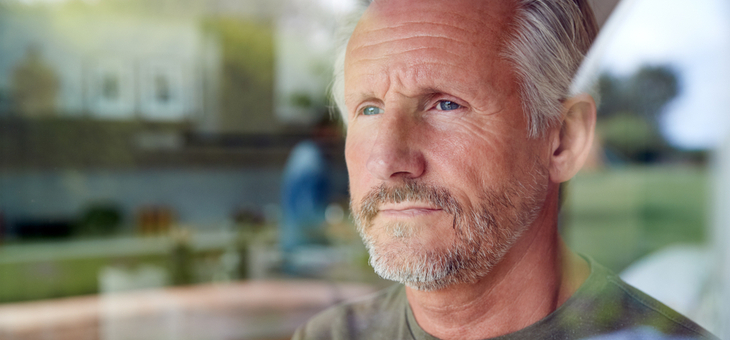The number of Australians who couldn’t pay their rent or mortgage on time has more than doubled due to COVID-19, according to new data from the Australian National University (ANU).
The survey of more than 3200 people shows the proportion of Australians not being able to meet their regular housing costs jumped from 6.9 per cent in April to 15.1 per cent in May.
The figures were slightly better for those aged 55–64 with 10.9 per cent of Australians in that age bracket unable to pay their rent or mortgage in time.
Those figures, however, include the results for those who don’t have a mortgage and those who don’t have to pay rent.
When the figures are narrowed to just those people who have a mortgage, or who are renting, much higher rates of housing stress start to emerge. People aged 65–74 years, who were renting, were not able to pay on time, according to the ANU data. And 18.5 per cent of people in the same age bracket, who were still paying a mortgage, were unable to make their repayments.
According to data collected by the Australian Bureau of Statistics (ABS), about 80 per cent of homeowners in the 55–64 age group in 2001 were mortgage free. Fast forward 15 years, and only 56 per cent of that group were mortgage free.
Over the same period, homeownership rates for 55 to 64-year-olds had dropped from 86 per cent in 2001 to 81 per cent in 2016.
Study co-author Professor Matthew Gray said the findings paint a disturbing picture for renters.
“Our findings show the level of housing stress is substantially higher for renters than mortgage holders,” Prof. Gray said.
The survey also examined policies introduced by Australian governments and banks to protect renters and mortgage holders who are unable to make their payments.
“These policies are helping with 22.2 per cent of mortgage holders being successful to reduce or freeze their mortgage payments,” Prof. Gray said.
“Just over one in 10 renters have been able to reduce or freeze their payments.
“Everyone needs safe and secure housing and a roof over their heads. If incomes start to fall at the bottom end of the income distribution, then many Australians will be on shaky ground.”
Dr Cassandra Goldie from the Australian Council of Social Service (ACOSS) said the research made a compelling argument for keeping the JobSeeker payment at the current rate beyond the September deadline.
“We must ensure people can keep a roof over their head and food on the table,” Dr Goldie said. “It’s the right thing to do and the smart thing to do. The alternative would be to drag our economy further backwards, stifling job creation.
“People and businesses need confidence and hope for the future.
“We can’t go back to the brutality of $40 a day. We must see a permanent and adequate increase that ensures people on JobSeeker … can cover the basics they need, including housing, as they try to rebuild their lives.”
Do you pay rent or have a mortgage? Have you been struggling to pay your bills on time due to the COVID-19 situation? Should the government be seeking to offer more assistance during this time?
If you enjoy our content, don’t keep it to yourself. Share our free eNews with your friends and encourage them to sign up.
Related articles:
https://www.yourlifechoices.com.au/finance/superannuation/how-to-ensure-you-wont-get-a-pension
https://www.yourlifechoices.com.au/finance/property/renovate-to-add-value–or-sell
https://www.yourlifechoices.com.au/finance/property/where-retirees-want-to-age

